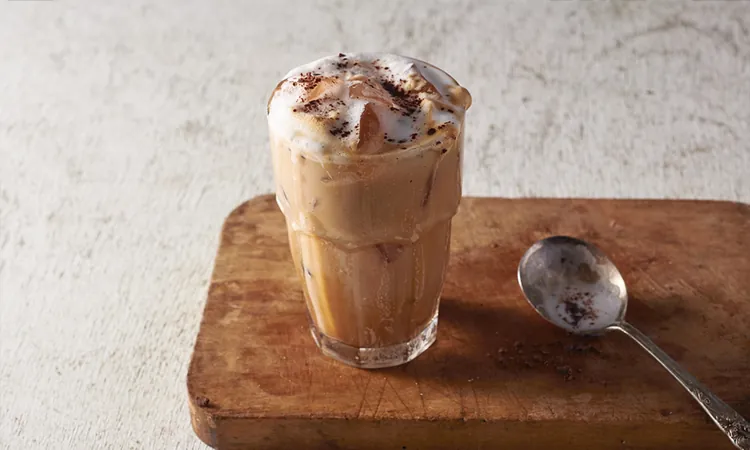
Unlock Better Blood Sugar Control: It's Not Just About What You Eat—It's How You Enjoy It!
2025-07-30
Author: Yan
The Sweet Science Behind Sugar Intake
Sugar is often painted with a broad brush, but recent breakthroughs in research are turning this notion on its head. A compelling study reveals that the form in which you consume sugar—liquid versus solid—might be just as vital as the amount you take in.
New Insights from Groundbreaking Research
A new comprehensive study spanned data from over half a million individuals around the world, including regions such as Europe, the U.S., Asia, Australia, and Latin America. The researchers aimed to dissect how different sugar types and their sources influence the risk of developing type 2 diabetes (T2D).
They didn't merely categorize the sugars by quantity but also examined various forms: total sugars, added sugars, sucrose, and fructose, alongside the increasingly popular sugar-sweetened beverages (SSBs) and fruit juices. The focus was on contrasting sugars from drinks versus those from whole foods, revealing some eye-opening results.
The Shocking Risks of Liquid Sugar Consumption
What did the findings show? Each additional daily serving of sugary beverages, like soda, escalates the risk of developing type 2 diabetes by a staggering 25%. Even sipping on fruit juice isn't without consequences, as it showed a 5% increase in diabetes risk with each serving.
Conversely, indulging in whole fruits can actually lower your risk of type 2 diabetes. The distinction lies in the delivery method—while sugary drinks pump glucose and fructose into your system without the beneficial buffering effects of fiber, whole fruits come laden with fiber, vitamins, and nutrients that slow digestion and enhance insulin sensitivity.
Why Whole Fruits Are Your Best Friends
Yes, fruits have natural sugars, but they're also packed with necessary fiber, water, and antioxidant compounds like polyphenols which can actually promote better blood sugar management. Research has shown that individuals who include more whole food sugars in their diets have a 4-5% reduced risk of diabetes.
Dissecting the Myth: Fruit Juice vs. Whole Fruit
Though fruit juice might wear a health halo, it behaves far more like soda within the body than whole fruits do. Lacking the fiber that regulates sugar absorption, 100% juice still carries a hefty sugar punch and is linked to a slight increase in diabetes risk.
Satisfy Your Sweet Tooth the Smart Way
Looking to indulge without the consequences? Consider these alternatives instead. A little creativity can have your cravings satisfied while keeping your blood sugar in check.
The Key Takeaway for a Healthier You
Don’t misconstrue sugar as the enemy. It’s more about how and from where you source it. This study underscores the protective benefits of sugars consumed within the context of fiber-rich, nutrient-dense whole foods versus the risk associated with drinking sugar in liquid form. It’s not about banning indulgences; it’s about embracing smarter choices.
Awareness is your ally. Understanding the differing impacts of sugar forms empowers you to enjoy life’s sweetness without compromising your well-being!


 Brasil (PT)
Brasil (PT)
 Canada (EN)
Canada (EN)
 Chile (ES)
Chile (ES)
 Česko (CS)
Česko (CS)
 대한민국 (KO)
대한민국 (KO)
 España (ES)
España (ES)
 France (FR)
France (FR)
 Hong Kong (EN)
Hong Kong (EN)
 Italia (IT)
Italia (IT)
 日本 (JA)
日本 (JA)
 Magyarország (HU)
Magyarország (HU)
 Norge (NO)
Norge (NO)
 Polska (PL)
Polska (PL)
 Schweiz (DE)
Schweiz (DE)
 Singapore (EN)
Singapore (EN)
 Sverige (SV)
Sverige (SV)
 Suomi (FI)
Suomi (FI)
 Türkiye (TR)
Türkiye (TR)
 الإمارات العربية المتحدة (AR)
الإمارات العربية المتحدة (AR)